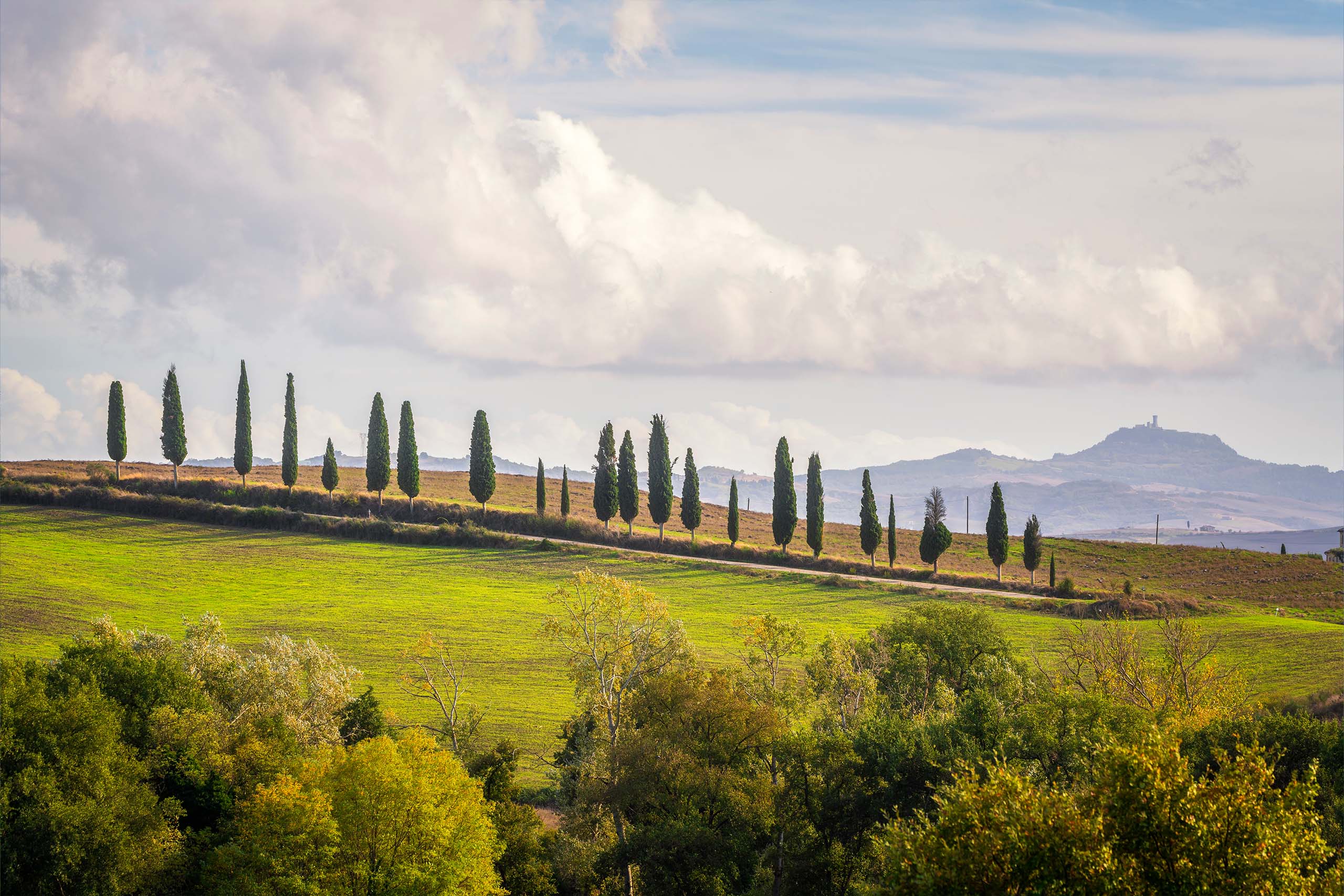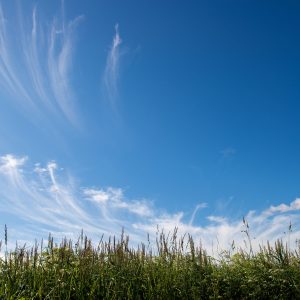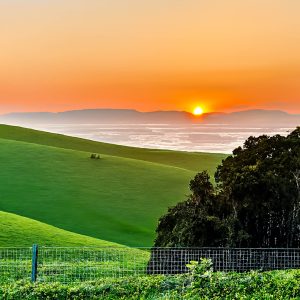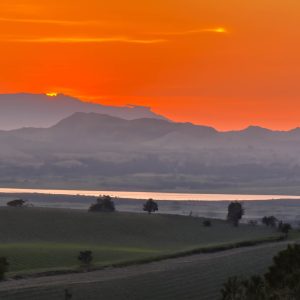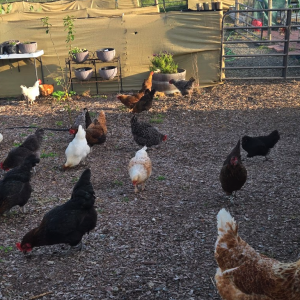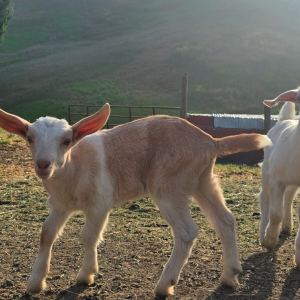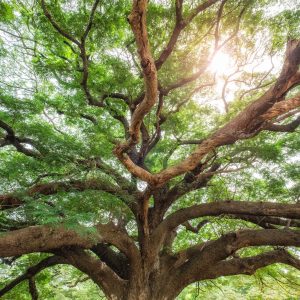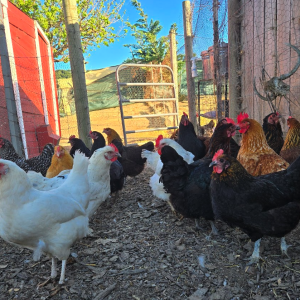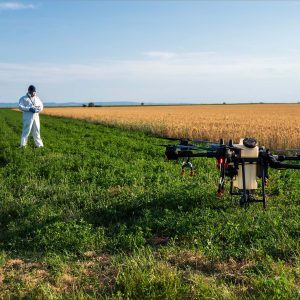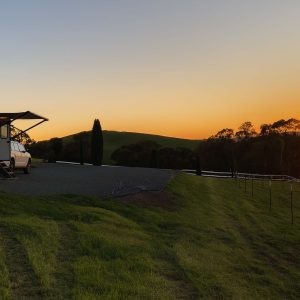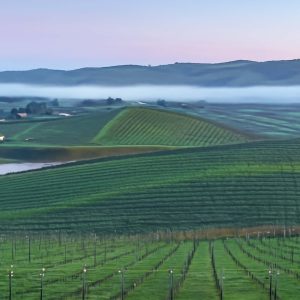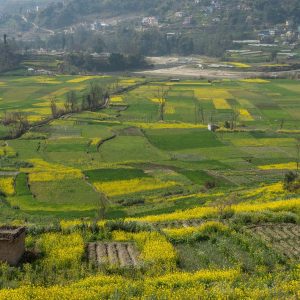Three Weeks in the Heart of Italy While My Son Studied the Art of Food
When people ask me what Tuscany was like, I always pause—because how do you wrap up something so sensory, so layered, in a few sentences?
We spent three unforgettable weeks in the Tuscan countryside while my son took culinary classes in Florence. It wasn’t just a vacation; it was a return to something elemental. We rented a stone farmhouse tucked among the rolling hills, where time slowed down and the world felt whole.
Each morning began with a short drive into the local village for espresso. Not the grab-and-go kind—this was espresso with intention. Made by someone who quickly learned our names, our order, and always had a kind word or a quiet smile. The kind of place where the barista isn’t just making coffee—they’re holding court for the whole town.
Days found their rhythm in the land. We’d walk winding trails lined with cypress trees, past vineyards soaking in the sun, and olive groves that had clearly stood for generations. Lavender and rosemary grew wild along the path, perfuming the air. And everywhere, there was the deep hum of work. Not loud, not rushed—just steady and proud.
We met farmers pruning grapevines under the hot sun, their hands stained with earth and years of labor. We watched olive growers repairing stone terraces, harvesting by hand, and loading crates with the same quiet purpose their fathers and grandfathers once did. These people weren’t romanticized stereotypes—they were strong, practical, deeply rooted souls who carried the weight and the wisdom of the land with them. Their workdays were long, their backs often bent, but they wore their labor like a badge of honor.
Every meal in Tuscany tasted like the result of someone’s dedication. The produce was impossibly fresh, but what struck me more was the invisible chain of care that brought it to the table. Olive oil wasn’t just a condiment—it was a story. It came from the grove just down the road, harvested by families who had done it for centuries. It sat on every table, golden and proud, linking the meal to the land and the people who shaped it.
The food—simple, seasonal, perfect—was matched only by the wine. Chianti, bold and grounded, flowed freely with every meal. It felt less like drinking and more like participating in a ritual: an offering from a place that never rushes, never cuts corners, and never forgets where it came from.
Back at the farmhouse, the thick stone walls kept us cool in the afternoon heat. We cooked together in its rustic kitchen, using ingredients from the market or sometimes just from the garden. Evenings were slow and golden—filled with conversation, candlelight, and the occasional impromptu pasta-making session. Our son, immersed in his culinary world in Florence, would return with stories and new techniques. He was learning from chefs who didn’t just teach recipes—they passed down philosophy.
But the real teachers, I came to realize, were the people of the land. They reminded us that craftsmanship isn’t always loud or glamorous. Sometimes it’s quiet, repetitive, physical. Sometimes it means pruning vines when no one’s watching. Or making olive oil the old way, because that’s the only way that tastes like home.
Tuscany wasn’t just beautiful—it was alive with work, history, and devotion. It reminded us what it means to earn a living with your hands and your heart. And it showed us how food, family, and land can weave together into something eternal.
We didn’t just visit Tuscany. We lived it. And it lives in us now, every time we pour olive oil, cook slowly, or pause to watch the sun dip over the hills—grateful, again, for people who wake up early, work hard, and quietly shape paradise into something real.

